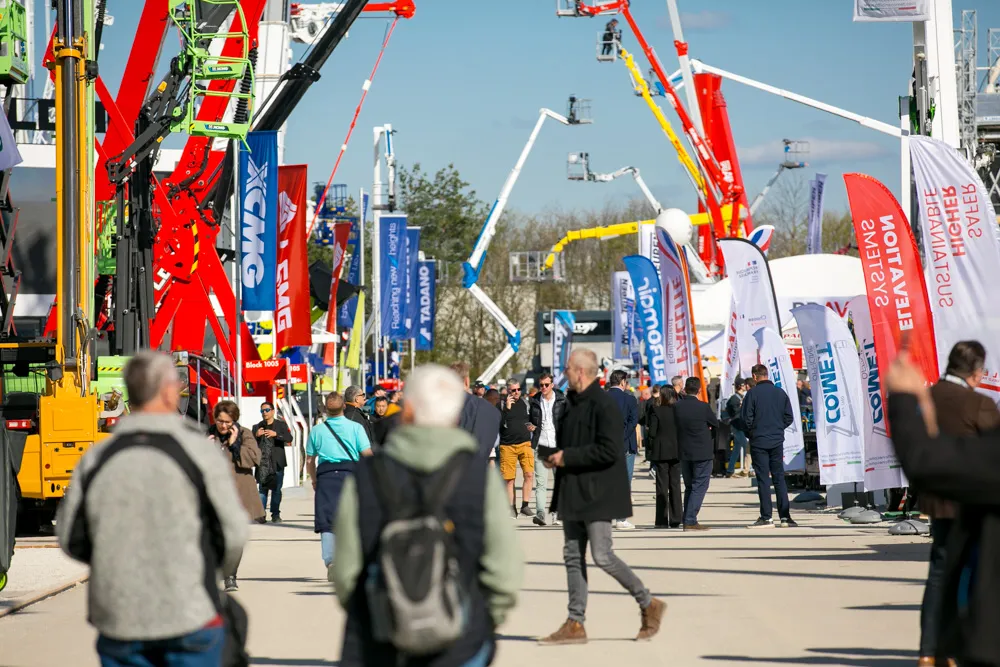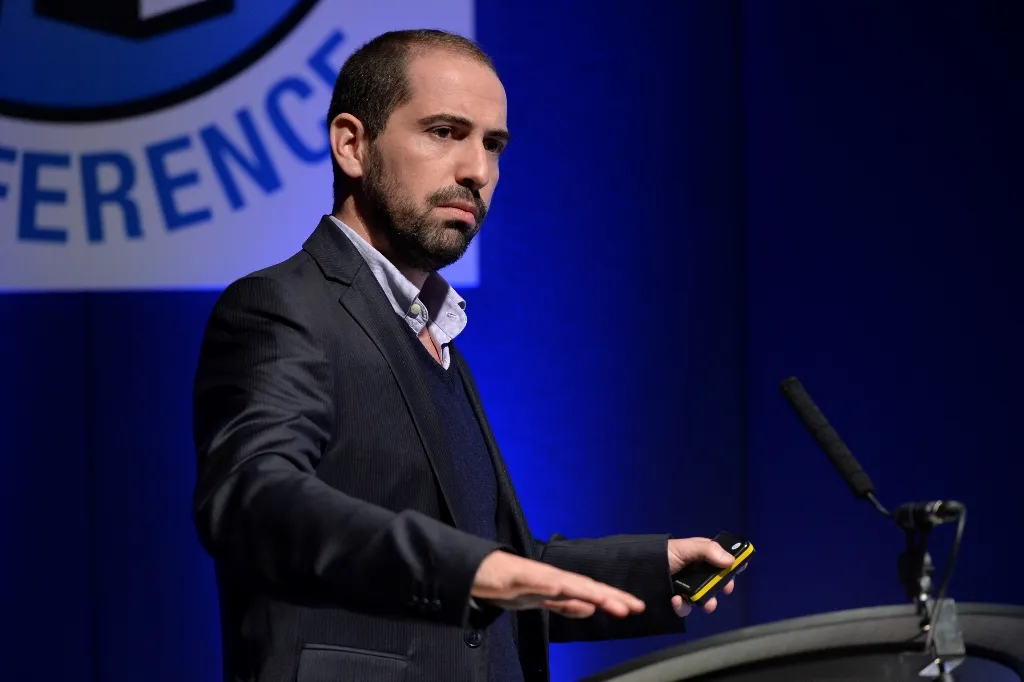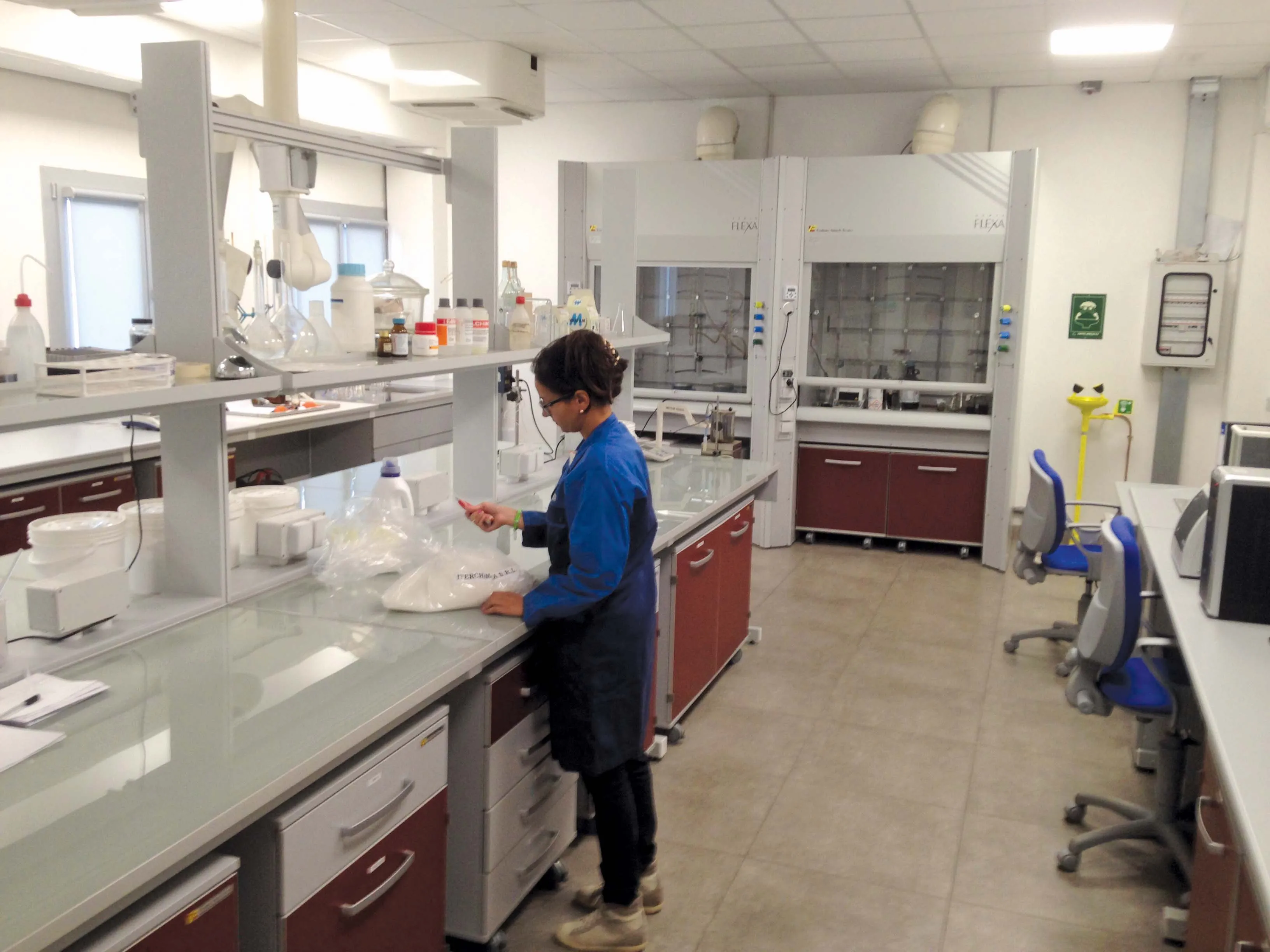
Massenza has redesigned all three models in its PMB plant range. Its engineers have changed the design of the mixing tanks to reduce the likelihood of material clogging; reconfigured the medium-sized machine to allow a fast expansion of production volumes; and added control rooms to the two larger models.
The three models in the Massenza PMB plant range are the Smart which can produce between five and 10 tonnes of polymer modified bitumen (PMB) an hour; the Klever which can produce between 10 and 20 tonnes and the SuperKlever which can produce between 25 and 30 tonnes.
The Smart is an entry-level plant, while the Klever and SuperKlever benefit from more automation and production-reporting capabilities.
The Klever now has space for a second mill to be added so that, if customers find that demand for PMB is ramping up, they can almost double their capacity without having to invest in a whole new plant.
“We were finding that quite a few customers were buying the medium-sized plant and then, after a few years, they needed to produce more so had to buy a second plant. Now they just need to add the second mill,” according to Massenza.
For the Klever and SuperKlever PMB plants, Massenza has added control rooms containing the PLC and screen. Providing cool air in the summer and warm air in the winter, this update aims to make life more comfortable for the plant operators.
“We have already supplied two new-generation plants to Saudi Arabia, one to Romania, one to Albania and one to the UK,” said Massenza.









